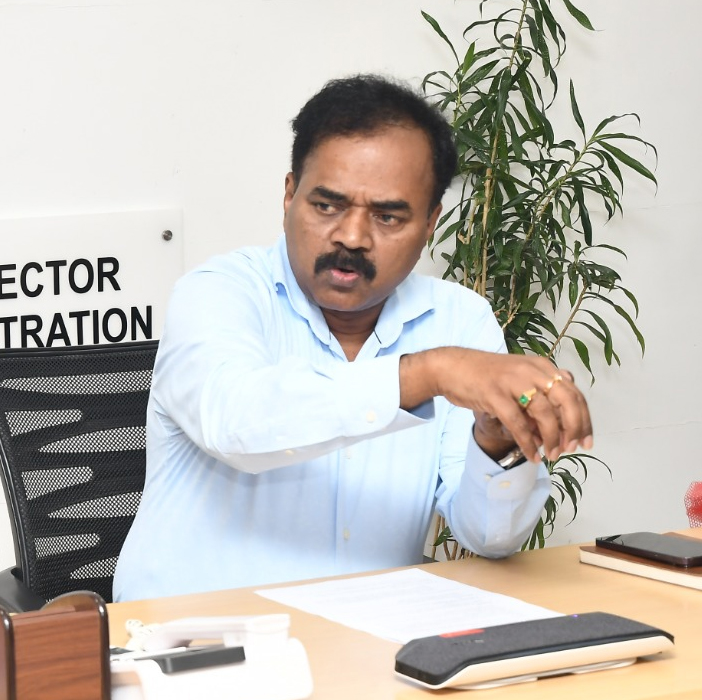Restoring the Musi River to its former glory is the primary objective of the Musi Rejuvenation Project, Municipal Administration and Urban Development Principal Secretary M. Dana Kishore said.
Speaking after the 13-day international urban workshop held in Hyderabad on Friday, Kishore emphasised the government’s commitment to transform the river into a source of clean, drinkable water. The workshop conducted in collaboration with the Musi Riverfront Development Corporation Limited (MRDCL), the French Development Agency and Les Ateliers de Cergy was held at the Marri Channa Reddy Human Resources Development Centre.
Addressing the gathering, Kishore recalled 16th-century French traveller Jean-Baptiste Tavernier’s comparison of the Musi River to the Seine River of Paris likening Hyderabad’s iconic Purana Pul to Paris’s Pont Neuf bridge.
“The government is determined to restore that grandeur to the Musi. Making the river water drinkable must be a collective goal,” Kishore said, adding that Hyderabad is on course to become South Asia’s first city to achieve 100% sewage treatment. French Ambassador Thierry Mathou underscored the potential for Hyderabad to become a model city by demonstrating the coexistence of urban development and environmental stewardship.
He stressed that integrating nature-based solutions, advanced technologies and community engagement could enable cities like Hyderabad to manage their water resources effectively in times of climate change.
Mathou reaffirmed France’s commitment to supporting such initiatives through resources, expertise and investment, transforming the workshop’s decisions into projects.
The Members of Les Ateliers highlighted the government’s approach, which extends beyond a riverfront development strategy to focus on the comprehensive development of the Musi ecosystem. The concluding event saw participation from key officials, including MRDCL Joint Managing Director Pujari Gautami, Technical ED Srinivas Reddy, CE Dattu Panth and SE Vidyasagar. Representatives from Les Ateliers, including Director Véronique Valenzuela and Project Director Simon Brochard, alongside NIUM officials and water conservation experts, also participated in the discussions.
‘Govt’s aim is to make Musi water potable’




